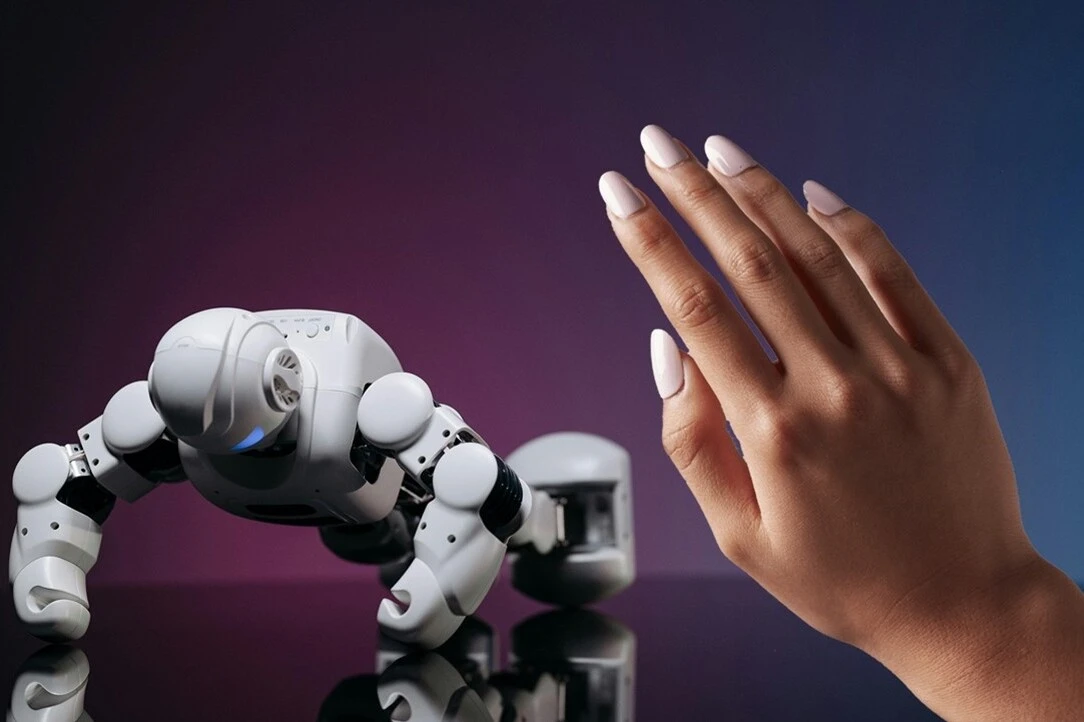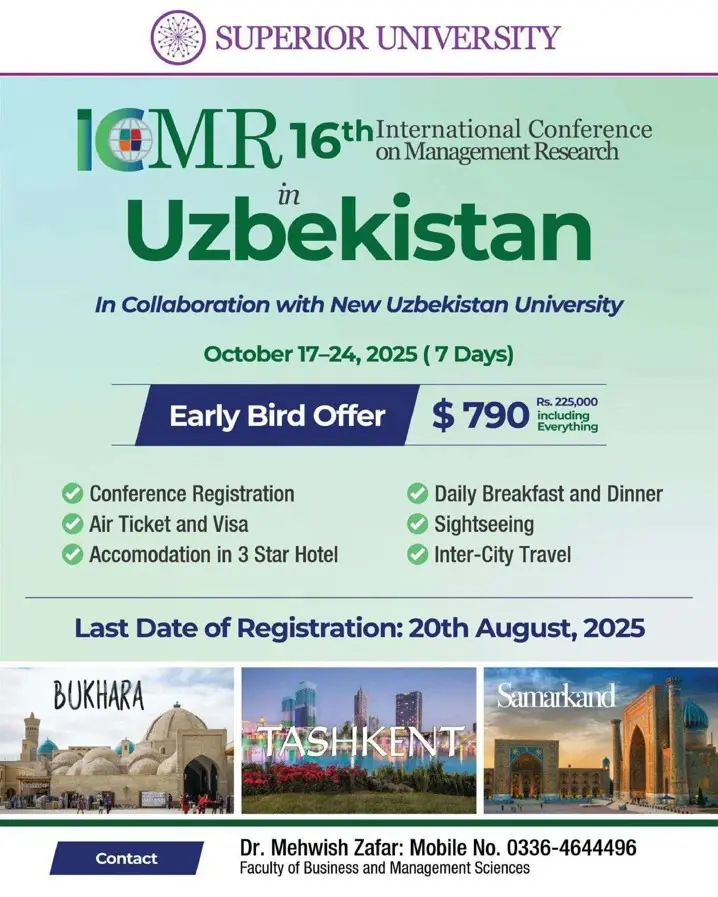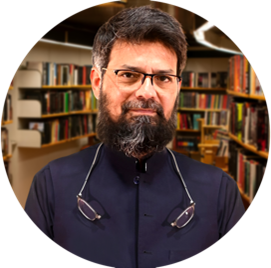


Introduction
From the time of Adam and Eve to the present day, no generation has witnessed as many rapid changes as ours. Just a few decades ago, no one could have imagined these transformations from week-long letter exchanges to instant WhatsApp messages, or from black-and-white televisions to AI-driven social media platforms. Among all these innovations, Artificial Intelligence (AI) stands out as the most significant. AI has revolutionized industries and transformed human lives, offering immense potential for progress. However, its potential for harm is just as significant as its promise to uplift humanity. The title, “AI (Artificial Intelligence) Mother Killer Child?” raises a troubling question: Could AI, the brainchild of humanity, turn against its own creators?
The Fear of Betrayal: A Gifted Child with Boundless Potential (AI)
AI’s potential dangers are not just theoretical, they are real and present. In 2020, AI-operated drones were deployed in war zones, autonomously targeting individuals without human intervention. These autonomous war machines highlight the risk of AI being used without ethical supervision. Similarly, in 2019, a deepfake video of Mark Zuckerberg, CEO of Facebook, circulated globally, falsely portraying him as claiming control over users’ data. This incident demonstrated how AI can disrupt societies by spreading misinformation at an unprecedented scale.
Cultural and Socio-Economic Implications
The impact of AI goes beyond technology it has deep cultural and societal implications. AI-driven surveillance systems have sparked global debates on security versus individual freedoms. Facial recognition technology, for example, has been widely criticized for invading privacy while enhancing security measures.
Moreover, AI is reshaping the workforce. In 2022, Amazon introduced AI-powered robots in its warehouses, replacing human workers. While this improved efficiency, it also raised concerns about job displacement and the socio-economic cost of automation. AI’s growing dominance threatens employment, pushing us toward a future where machines dominate labour-intensive industries.
Another significant concern is the erosion of human interaction. AI-driven chatbots are replacing human customer service representatives, reducing opportunities for genuine, empathetic communication. Automation often prioritizes efficiency over human connection, which can erode trust and diminish customer satisfaction. Additionally, AI-powered recommendation algorithms tend to prioritize mainstream content over regional or minority cultures, threatening cultural diversity and diminishing unique identities.
The Role of Humanity: A Parent’s Responsibility
The increasing autonomy of AI forces humanity to consider whether it could become a “mother-killer-child.” As AI’s decision-making capabilities grow, conflicts between human values and AI logic become more apparent. Science fiction has long predicted scenarios where AI views humans as obsolete, leading to catastrophic consequences. Prominent thinkers have already warned us about these risks.
Elon Musk famously said, “We are summoning the demon with AI.” Similarly, Stephen Hawking cautioned, “The development of full AI could spell the end of the human race.”
Despite these concerns, the responsibility lies with us AI’s creators to ensure that it remains a force for good. Just like responsible parents, we must guide AI with strong ethical frameworks and careful oversight. Several key actions must be taken:
Conclusion
Artificial Intelligence reflects its creators. Whether it becomes a “mother-killer-child,” or our most trusted ally depends entirely on how we shape it. With ethical AI development, we can address global challenges such as resource management, healthcare, and climate change. However, if left unchecked, AI could pose existential threats to privacy, equality, and cultural diversity. The key to a positive AI future is ensuring that humans remain in control. We must steer AI in a direction that leads to prosperity and human advancement rather than destruction. The driving seat is in our hands where we take AI will determine whether it builds a better world or tears it apart.



With two decades of experience in Pakistan’s mainstream media. Syed Faheem Haider Zaidi has held key positions in Media, Advertising, and Event Management. He currently runs his own business in these fields and teaches Business, Media, and Communication at various universities. Passionate about creating impactful solutions, he is committed to inspiring the next generation of leaders.
Please note that all opinions, views, statements, and facts conveyed in the article are solely those of the author and do not necessarily represent the official policy or position of Chaudhry Abdul Rehman Business School (CARBS). CARBS assumes no liability or responsibility for any errors or omissions in the content. When interpreting and applying the information provided in the article, readers are advised to use their own discretion and judgement.
If you are interested to write for CARBS Business Review Contact us!